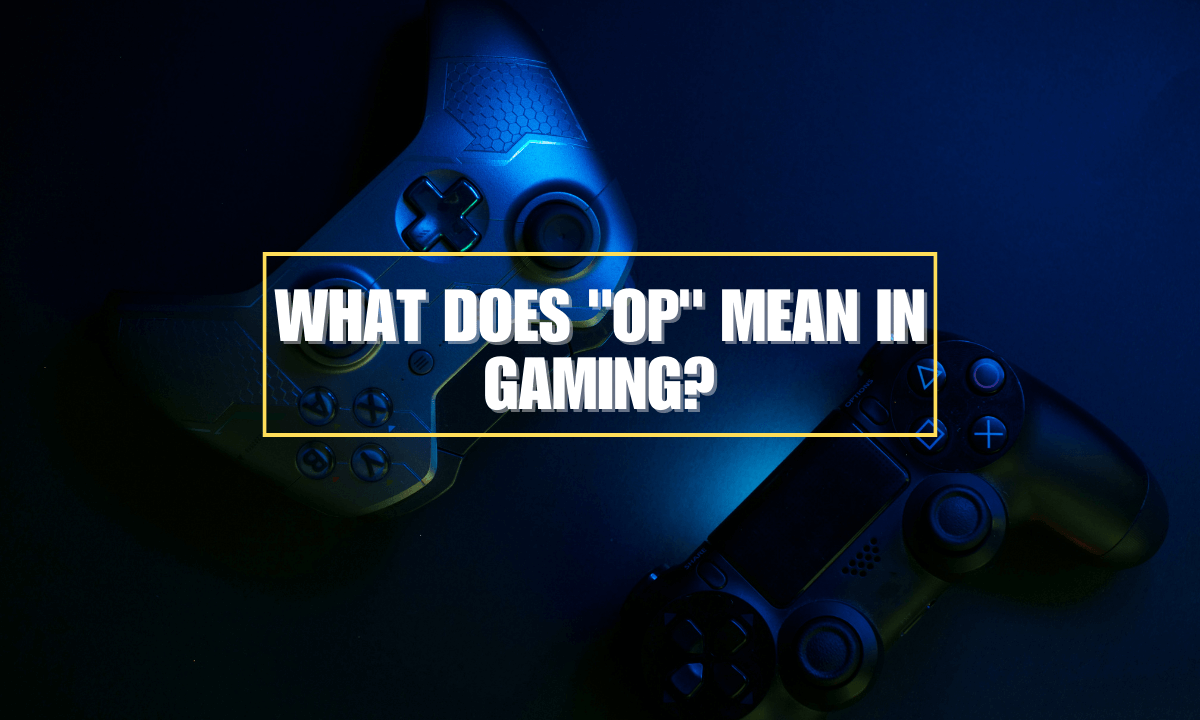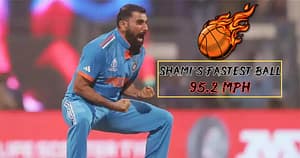In gaming, “OP” stands for “Overpowered.” It is used to describe something within the game, such as a character, weapon, ability, or strategy, that is considered excessively strong or dominant. When gamers refer to something as “OP,” they are expressing that it has an unfair advantage or is too powerful compared to other elements in the game, potentially disrupting the balance and enjoyment of the gameplay.
What Does “OP” mean in gaming? Explained!
The acronym “OP” stands for “overpowered.” It is used to indicate that something within the game is so strong or effective that it disrupts the balance of gameplay and gives an unfair advantage to those who utilize it.
OP elements can take various forms, including:
- Characters: Certain characters may possess abilities or stats that make them significantly stronger than others, allowing them to dominate opponents with ease.
- Weapons: Weapons with exceptional damage output or unique effects can be considered OP, granting an unfair advantage in combat situations.
- Abilities: Specific abilities within a game may provide players with overwhelming power, such as instant kills, powerful debuffs, or unstoppable combos.
- Strategies: Certain strategies, particularly in competitive multiplayer games, may be deemed OP if they consistently lead to victory and suppress other viable tactics.
Where Did it Come From?
The exact origins of the term “OP” in gaming are unclear, but it is widely believed to have emerged from online gaming communities in the early 2000s. The term’s usage likely stemmed from the common practice among gamers of discussing and sharing strategies, builds, and tactics within online forums and chat channels.
As gamers began to encounter and identify elements that provided an overwhelming advantage, they sought a concise and easily recognizable term to describe these elements. The acronym “OP,” short for “overpowered,” quickly gained traction due to its simplicity and effectiveness in conveying the concept of excessive power or effectiveness.
The term’s popularity further increased with the rise of massively multiplayer online games (MMORPGs) and competitive multiplayer games, where the balance of power and effectiveness was crucial for fair and enjoyable gameplay. OP became a common descriptor among players to highlight elements that disrupted the balance of the game.
Over time, the term “OP” transcended its gaming origins and entered into broader internet culture, often used to describe anything that is excessively powerful, effective, or even dominant, not just in the context of games.
Fixed the Elgato situation….hopefully
— Lonnie Lightning (@NattyLightning) June 16, 2021
In the mean time, come watch me destroy little nerds on my early morning grind to be the gaming warlord on ALL THREE PLATFORMS!
Also, Thunderbird is my new favorite op
WE….ARE…LIVE!https://t.co/MIwWp2QQgGhttps://t.co/MIwWp2QQgG
Why OP Elements Are Problematic
The presence of OP elements in a game can lead to several negative consequences, including:
- Reduced Enjoyment: When a particular element is overwhelmingly powerful, it can make the game less enjoyable for other players. The constant frustration of facing overpowered opponents can diminish the overall gaming experience.
- Balance Issues: OP elements disrupt the balance of the game, making it unfair and less competitive. It can also discourage players from exploring different strategies and builds, limiting the diversity of gameplay.
- Exploitation: Players may excessively utilize OP elements to gain an unfair advantage, ruining the competitive integrity of the game and leading to frustration among others.
You may also read more about What Does afk Mean in Gaming?
Addressing OP Elements
Developers play a crucial role in identifying and addressing OP elements within their games. This often involves gathering player feedback, analyzing game data, and conducting thorough playtesting.
Several strategies can be employed to address OP elements:
- Nerfing: Nerfing involves reducing the power or effectiveness of an OP element to bring it in line with others.
- Rebalancing: Rebalancing involves making adjustments to various elements within the game to create a more balanced overall experience.
- Introducing Counters: Introducing new elements or strategies that specifically counter OP elements can provide a way to balance the game without directly nerfing the overpowered element itself.
Conclusion
OP elements can significantly impact the gaming experience, both positively and negatively. While they can provide a sense of power and effectiveness, their excessive presence can disrupt balance and diminish enjoyment for other players.
Developers play a critical role in identifying and addressing OP elements through careful analysis, player feedback, and continuous game balancing efforts. By maintaining a balanced and fair gaming environment, developers can ensure a more enjoyable and competitive experience for all players.








